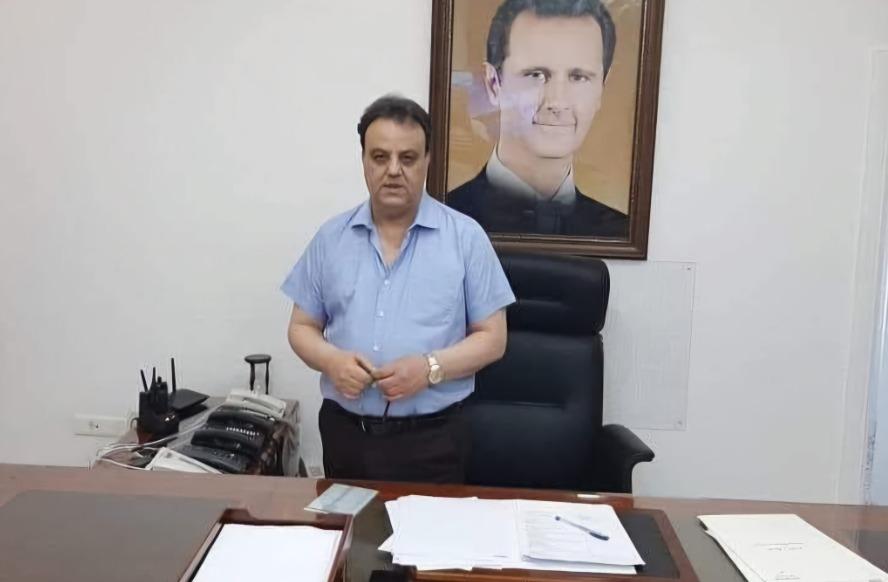
Assad issued two decrees on Sunday, May 12, appointing new governors to four Syrian provinces in a move laden with implications. Among them was the governorship of Suwayda, a region that has been a focal point for anti-Assad protests since last Summer. The appointee, Major General Akram Ali Muhammad, comes with a controversial history marked by allegations of human rights violations and war crimes.
During the early stages of the Syrian revolution in March 2011, Muhammad was implicated in suppressing demonstrations in Aleppo. Accusations against him include the arrest and killing of protesters, with allegations of torture and extrajudicial killings surfacing. Human Rights Watch (HRW) documented accounts of torture and brutality under his leadership in Aleppo’s State Security Branch.
Following the revolutionaries’ partial takeover of Aleppo, Muhammad was reassigned to Damascus, where he assumed control of Branch 255 of the General Intelligence Directorate. Subsequently, he was appointed head of the State Security branch in Tartus, a position he held until his retirement.
The appointment of Muhammad Suwayda’s governor has sparked concern among activists and observers. Many view it as a calculated move by Assad, signaling a shift in the regime’s approach towards the protest movement in Suwayda. The deployment of military reinforcements to the province adds to these apprehensions, with fears of potential security escalations against dissenting voices. The otherwise peaceful protests witnessed their first causality in March of this year when Assad forces fired on, and killed, Jawad Al-Barouki.
Rayan Marouf, a journalist with the Suwayda 24 network, highlighted the significance of Muhammad’s intelligence background in the context of Suwayda’s political landscape. Marouf pointed out that previous governors had civilian backgrounds, suggesting a departure from this trend with Muhammad’s appointment.
Political researcher Jamal al-Shoufi echoed these concerns, interpreting Muhammad’s appointment as part of a broader security plan against Suwayda. Shoufi speculates the regime might be signaling its readiness to accommodate regional demands, possibly in anticipation of the upcoming Arab summit in Bahrain.
Despite these speculations, Shoufi urged caution, emphasizing the need to avoid stoking fear and paranoia among Suwayda’s residents. While acknowledging the significance of these developments, he cautioned against overestimating their immediate impact.
The situation in Suwayda remains tense as the Assad regime consolidates its grip on power. The appointment of Muhammad as governor, coupled with the deployment of military reinforcements, may signal the regime’s determination to quell dissent and maintain control through force.









